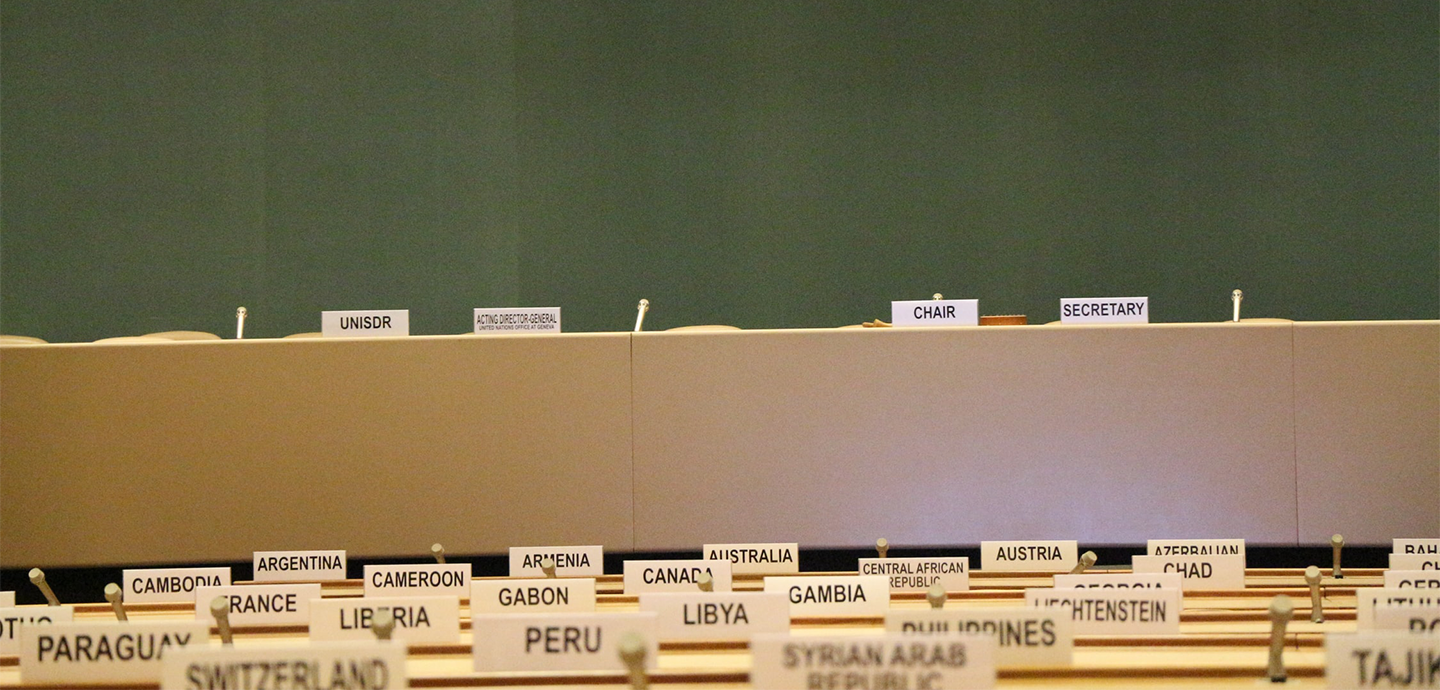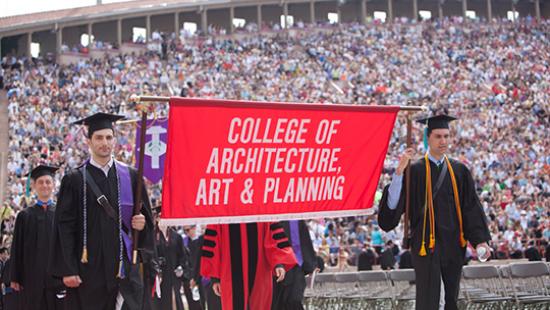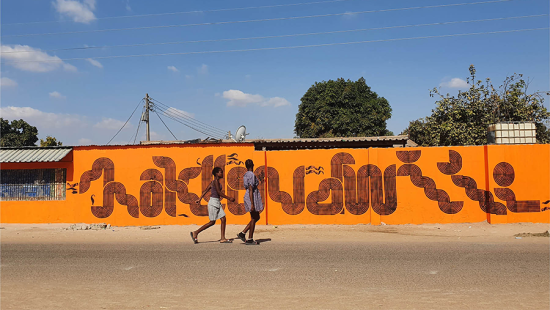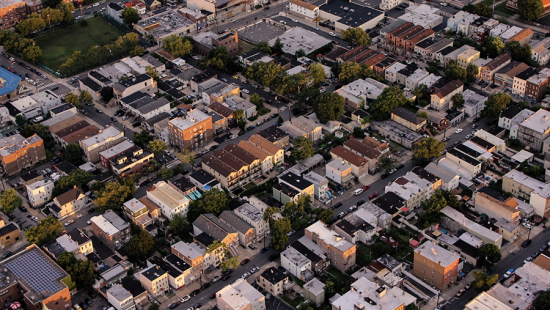Eric Chu and Rachel Bezner Kerr: Social Science, Global Crisis, and the IPCC: Trends, Gaps, and Prospects

Russell Van Nest Black Lecture
Bio:
Rachel Bezner Kerr (Ph.D. '06) is a professor in Cornell's Department of Global Development, where she works on the broad themes of sustainable agriculture, food security, health, nutrition, social inequalities, local knowledge, and climate change adaptation, with a primary focus in southern Africa (Malawi and Tanzania). Her approach to food systems is holistic, interdisciplinary, collaborative, and applied. It draws from both the natural and social sciences and involves local organizations and community members addressing ways to develop a sustainable food system. She currently serves as coordinating lead author for the 'food chapter' (Chapter 5) in Working Group 2 of the Sixth Assessment Report to the Intergovernmental Panel on Climate Change (IPCC), due to be released in 2021. She also recently served on the project team with the United Nations Committee for World Food Security's High-Level Panel of Experts for the report Agroecological approaches and other innovations for sustainable agriculture and food systems that enhance food security and nutrition. She has a Ph.D. in Development Sociology from Cornell.
Eric Chu (B.S. '07) is an assistant professor at the University of California-Davis's Department of Community and Regional Development. He studies how local governments and communities plan for and adapt to the impacts of global environmental change. His research is globally comparative, focuses on local governance issues, environmental politics, and social inclusion/justice, and draws on qualitative, participatory, and policy design methodologies. He currently serves as lead author in Working Group 2 of the Sixth Assessment Report to the Intergovernmental Panel on Climate Change (IPCC), due to be released in 2021, and supports work by the Global Commission on Adaptation through a collaboration with the Ross Center for Sustainable Cities at the World Resources Institute in Washington, D.C. He has a Ph.D. from MIT's Department of Urban Studies and Planning.
Abstract:
The Intergovernmental Panel on Climate Change (IPCC), a body of the United Nations, is the foremost entity providing the scientific basis of the risk of human-induced climate change, its natural, political, and economic impacts and risks, and possible response options. The crises of 2020 simultaneously elevate the importance of IPCC's work and raise new questions about the science-policy nexus. How has social science knowledge evolved over time? Whose knowledge does it include, and about what? How has this knowledge contributed to our understanding of the nexus of climate impacts, poverty alleviation, food security, and social justice? In what ways could IPCC, or other uses of social science, better contribute to politically aware policy change? These panelists will first share how the IPCC works and then engage in a reflection of IPCC, social science, and future prospects.
If you would like to attend the lecture, please register here.




